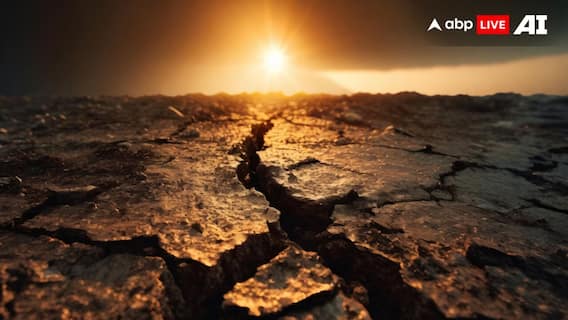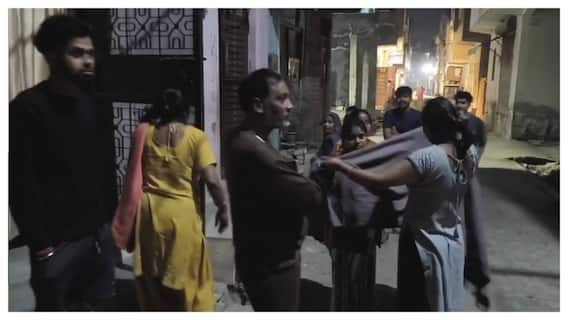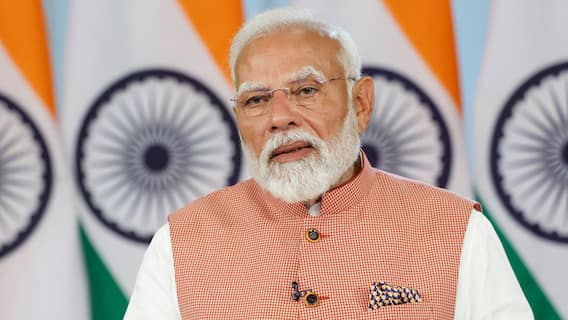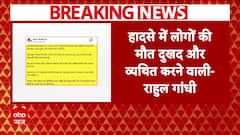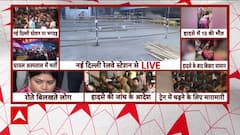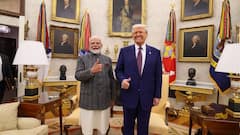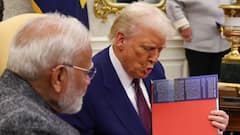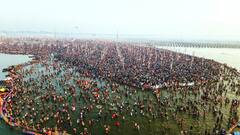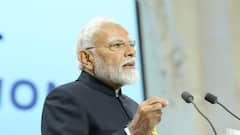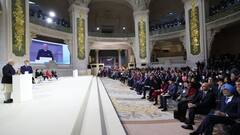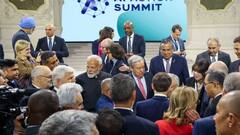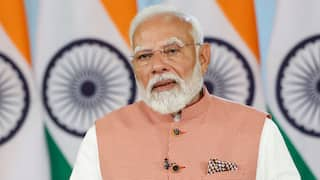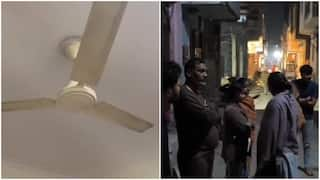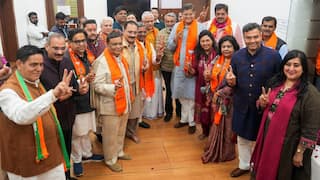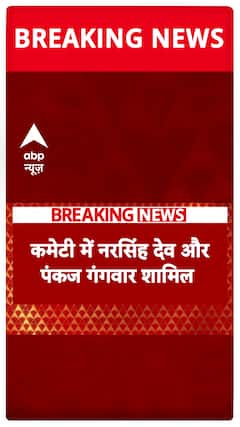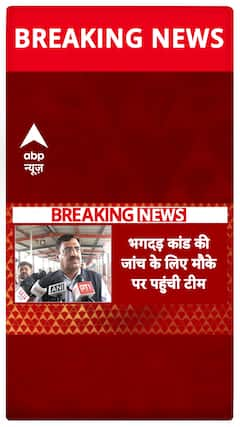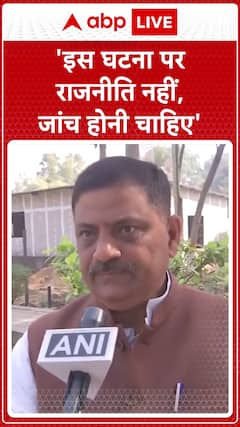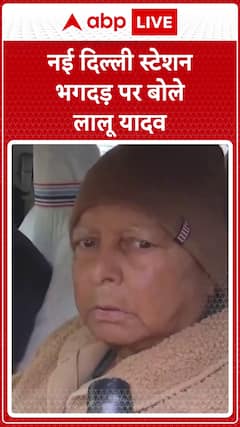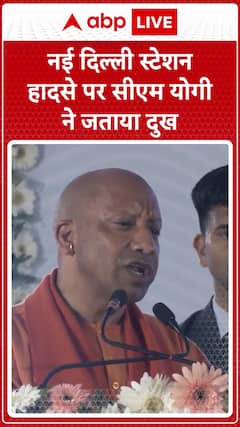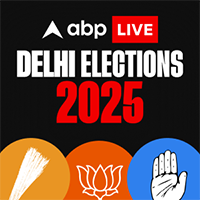CJI Chandrachud Upholds Collegium System, Says Same-Sex Marriage Ruling Was 'Impersonal, No Regrets'
Chief Justice D Y Chandrachud dismissed transparency concerns about the collegium system and did not address critiques of the Supreme Court's Article 370 decision regarding Jammu and Kashmir.

Chief Justice of India D Y Chandrachud on Monday (January 1) dismissed claims regarding transparency concerns within the collegium system, where judges appoint their peers to constitutional courts. He also chose not to engage with critiques of the Supreme Court's decision supporting the removal of Article 370, which granted special status to Jammu and Kashmir.
During an interview with news agency PTI, the 50th CJI addressed multiple issues concerning the judiciary. These included questions about the Supreme Court's rulings on Article 370 and its decision against legalising same-sex marriages.
Justice Chandrachud responded to queries about the assignment of specific cases to particular judges, stating that case allocation is not influenced by lawyers. "For the Supreme Court's credibility to remain intact, case assignments should not be influenced by lawyers," he emphasised.
His remarks hold weight, especially following recent comments by retired Justice Sanjay Kishan Kaul, who had expressed concerns about the functionality of the collegium system. Kaul had also highlighted the lack of opportunity for the National Judicial Appointments Commission (NJAC) to operate, leading to tensions within the collegium.
Established in 2014 by the Narendra Modi government, the NJAC Act aimed to manage judicial appointments. However, the Supreme Court declared it unconstitutional in October 2015.
Regarding transparency within the collegium system, CJI Chandrachud noted that measures have been implemented to enhance transparency. He explained, "While we strive for transparency, certain discussions, especially those concerning potential Supreme Court appointments, remain confidential to protect the privacy of judges under consideration," as reported by PTI.
EXCLUSIVE | VIDEO: "Many of our discussions are on the privacy of those judges who are under consideration for appointment to the Supreme Court. Those deliberations, if they have to take place in a free and candid atmosphere, can't be the subject matter of video recording or… pic.twitter.com/dcdqld0ORC
— Press Trust of India (@PTI_News) January 1, 2024
On addressing criticisms of the unanimous five-judge bench verdict supporting the revocation of Article 370, Chandrachud maintained that judges make decisions based on constitutional provisions and legal frameworks. "Judgements speak for themselves, grounded in constitutional principles. I refrain from further commentary on critiques of our decisions," he remarked.
EXCLUSIVE | VIDEO: “I don't think it will be appropriate for me either to respond to the criticism or mount a defence to my judgement. What we have said in our judgment is reflected in the reason present in the signed judgement and I must leave it at that," Chief Justice of India… pic.twitter.com/4lLhH0C0K3
— Press Trust of India (@PTI_News) January 1, 2024
Touching upon the issue of same-sex marriage rights, the CJI acknowledged the LGBTQIA++ community's prolonged struggle but clarified that judges remain impartial post-verdict. "Once a decision is made, judges move forward without personal affiliations to any cause," he stated.
Same-sex marriage verdict: Outcome never personal to judge, no regrets, says CJI D Y Chandrachud to PTI
— Press Trust of India (@PTI_News) January 1, 2024
Lastly, Chandrachud shed light on the 2019 anonymous verdict that facilitated the construction of a Ram temple in Ayodhya. He clarified that the unanimous decision attributed to the entire bench, rather than individual judges, led to the unique anonymity of the judgement.
In a landmark ruling on November 9, 2019, the bench, led by then CJI Ranjan Gogoi, resolved a longstanding dispute by directing the construction of a temple in Ayodhya while ensuring an alternative plot for a mosque in the town.
Trending News
Top Headlines










